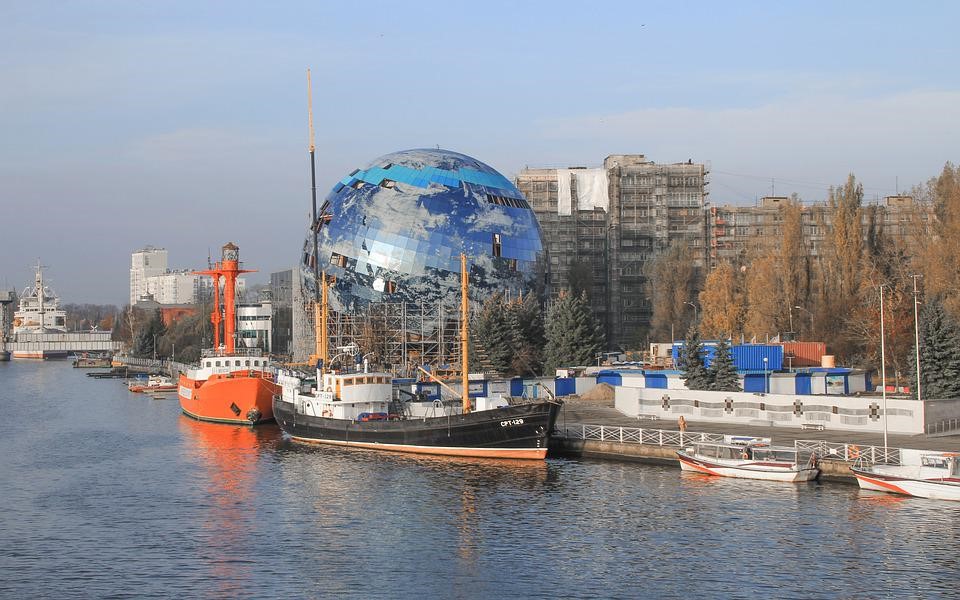Juliet laments: “What’s in a name? That which we call a rose, by any other word would smell as sweet.” William Shakespeare wrote that line long, long before the end of World War II, when Russia annexed a city situated between Lithuania and Poland and bordering on the Baltic Sea. Moscow renamed that enclave Kaliningrad. During Shakespeare’s time the Kingdom of Poland ruled the city, then named Krolewiec. This week Poland’s government decided the revert to the old name on all its official documents and in its communications.
The reason Warsaw provided is that the Russian name honored a politician named Mikhail Kalinin, who is long associated with the 1940 execution of thousands of Polish officers by Soviet forces. The Kremlin declared the announcement a “hostile act.” According to Andrew Osborn of Reuters, Russian Kremlin Spokesman Dmitry Peskov said Poland’s decision “bordered on madness.” Osborn added that Peskov stated: “We know that throughout history Poland has slipped from time to time into this madness of hatred towards Russians.” In response, Poland’s committee on geographical standardization Tuesday clarified that “The current Russian name of this city is an artificial baptism unrelated to either the city or the region.” Little else is expected to change immediately outside of the city name used on government documents. The demolition of memorials in Poland honoring fallen Soviet troops will continue across the country. The war in Ukraine will go on, too.
One transformation occurring in Europe over the last year, is that Western powers are setting aside differences, at least on the issue of Russia’s invasion of Ukraine, and presenting a united front. What was once believed in Moscow to be a “special military operation” of a few weeks’ duration, is now dragging on into its second year. Putin likes to talk about the war as contributing to fixing past wrongs against the Russian state and its people. Poland and the Western alliance disagree with the premise. Both Russia and Poland are both proud countries with long histories and significant roles in world affairs. While altering a name on a government document may not appear to be important to some people, Poland is firing a warning shot across the border aimed at the Kremlin leadership.
“The attack on Ukraine is not only a reflection of Putin’s pseudo-historical fantasies and delusions of grandeur but also the objective result of the entire development of the Russian power vertical over the past 20 years,” according to Boris Bondarev writing in Eurasia Daily. History is critically important in understanding how Putin perceives his position and threats to his regime. When policymakers are faced with an international crisis and unfamiliar predicaments, they tend to look to stories from the past to understand their present environment. This is, in part, why Poland’s announcement carries some weight. Professor Eric Mosinger, writing in Political Violence at a Glance, says that historical analogies help us to understand why “Western democracies suddenly ‘woke up’ after years of weak responses to Russian aggression against Ukraine. For many world leaders, parallels between Russia’s invasion of Ukraine and Nazi Germany’s 1939 invasions of Czechoslovakia and Poland became impossible to ignore.” Recent research by Kai Thaler and Lisa Mueller, indicate that vivid historical parallels can transform people’s perception of the present and influence their subsequent behavior. Mosinger points out that from 2018-2020, “young Chileans and Nicaraguans facing police violence recalled the popular struggles their parents waged against brutal 1970s and 1980s dictatorships.” He says that much like Ukrainians, “Latin Americans mobilized en masse and adopted historic symbols, tactics, and paradigmatic roles in their efforts to challenge present-day repressive governments.” As the war in Ukraine drags on we may see further attempts by state leaders to use pieces of the past to influence future events. Poland’s message to Russia is that they have not forgotten the past. The Soviets may have renamed the city, but it is still Poland at heart. It may be time for Putin to wake up and smell the roses.
Daria Novak served in the U.S. State Dept.
Photo: Pixabay
